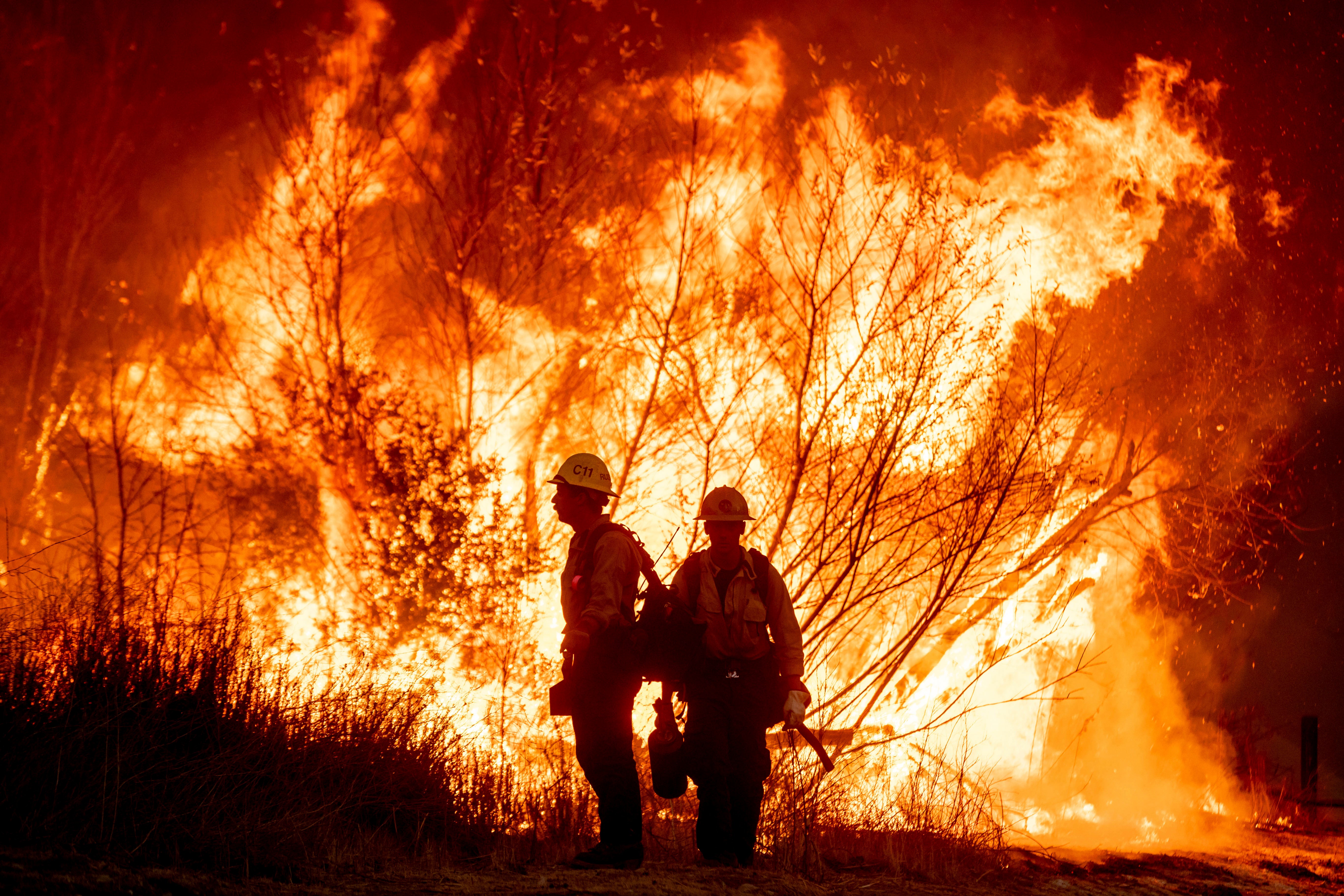2024 was officially the hottest year on RECORD - and the first year to exceed 1.5°C above pre-industrial level, scientists confirm
Share:
While Britain might now be facing freezing weather, scientists have confirmed that 2024 was globally the hottest year on record. A report published by the Copernicus Climate Change Service (C3S), reveals that temperatures were 0.12°C (0.22°F) above 2023, the previous warmest year on record.
![[Every populated continent experienced its hottest year on record. The only exception was Oceania (Australasia) which had its third-warmest year]](https://i.dailymail.co.uk/1s/2025/01/09/12/93910541-14266537-image-a-20_1736425912726.jpg)
That makes 2024 the first calendar year on record to exceed 1.5°C above the pre-industrial level. Although this single year does not mean the targets of the Paris Agreement have already been missed, experts say that humanity is now 'dangerously close' to this milestone.
![[The increased temperature led to record-breaking amounts of water vapour in the atmosphere which created more severe storms and flooding around the world]](https://i.dailymail.co.uk/1s/2025/01/09/12/93910493-14266537-image-a-22_1736425981252.jpg)
The data shows that an exceptionally hot start to the year brought the average global air temperature in 2024 to 15.1°C (59.2°F). While temporary patterns like El Niño helped push temperatures into the extremes, scientists say human-caused climate change remains the 'primary driver' of extreme temperatures.
![[In October last year, flash flooding led to hundreds of deaths and damage to thousands of homes in Valencia, Spain. Experts believe the flooding was made more severe by climate change]](https://i.dailymail.co.uk/1s/2025/01/09/12/93910605-14266537-image-a-15_1736425737822.jpg)
And with the rate of carbon dioxide entering the atmosphere even higher than in previous years, the planet's warming shows no signs of slowing any time soon. Dr Friederike Otto, a climate policy expert from Imperial College London, says: 'This record needs to be a reality check. The climate is heating to levels we've spent years trying to avoid because countries are still burning huge amounts of oil, gas and coal.'.
![[Increased surface temperatures also lead to a greater number of wildfires. Currently, fires in Los Angeles (pictured) have displaced over 130,000 people after severe droughts triggered blazes around the city]](https://i.dailymail.co.uk/1s/2025/01/09/12/93903029-14266537-image-a-14_1736425654418.jpg)






















